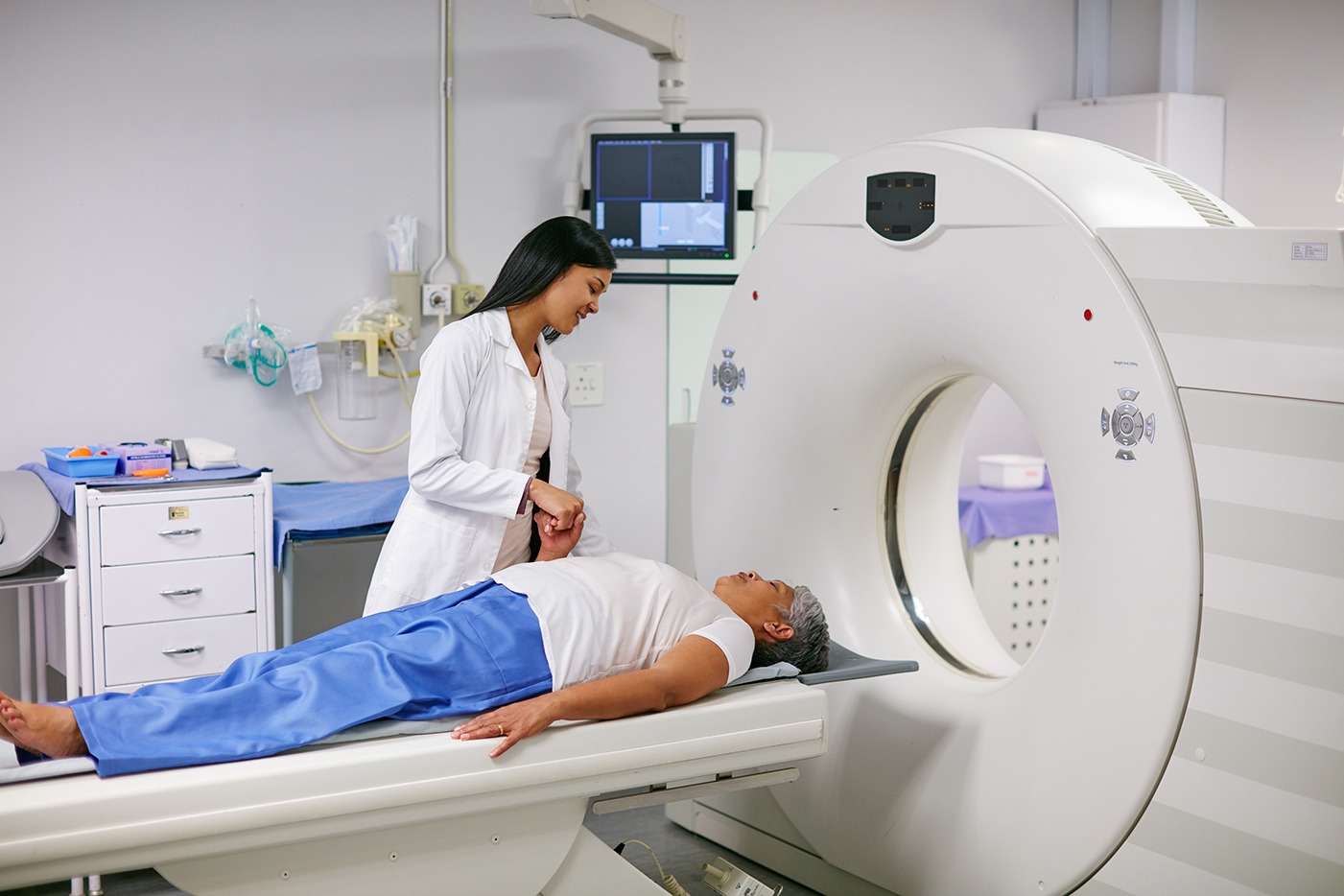Why Would You Need an MRI Angiography?
1] Aneurysms: MRI angiography can detect the presence of aneurysms, which are abnormal bulges or dilations in blood vessels. This is especially important for detecting brain aneurysms or abdominal aortic aneurysms, which can be life-threatening if ruptured.
2] Arterial Blockages: Blockages or narrowing of the arteries, often caused by plaque buildup or atherosclerosis, can be visualized with MRI angiography. This is especially useful for evaluating coronary arteries, the carotid arteries in the neck, or peripheral arteries.
3] Blood Clots: MRA can detect the presence of blood clots or thrombus formation within the blood vessels, which can lead to conditions such as deep vein thrombosis (DVT) or pulmonary embolism if untreated.
4] Stenosis: MRI angiography is commonly used to assess stenosis (narrowing) of blood vessels, which can restrict blood flow to vital organs and tissues, leading to a range of health problems, including stroke, kidney failure, or heart disease.
5] Vascular Malformations: MRI angiography is useful for identifying congenital or acquired vascular malformations, such as arteriovenous malformations (AVMs), which can cause abnormal connections between arteries and veins.
6] Pre-surgical Planning: In patients undergoing surgery, particularly those involving the heart, brain, or other major organs, MRI angiography provides valuable pre-operative mapping of blood vessels, helping guide surgical planning.
7] Post-surgical Monitoring: MRI angiography can also be used to monitor the status of blood vessels after surgery, helping detect complications such as restenosis (re-narrowing) or graft failure.
MRI Angiography Scan Cost in Nagpur
The cost of an MRI Angiography Scan in Nagpur varies depending on the diagnostic center but is typically affordable. This advanced imaging technique is used to visualize blood vessels and diagnose conditions like blockages, aneurysms, and vascular abnormalities. Offering detailed, high-resolution images, MRI Angiography provides a non-invasive alternative to traditional angiography. It’s important to choose a reputable clinic with experienced professionals to ensure accurate results and reliable service at a competitive price.
How Does an MRI Angiography Work?
1] Preparation: Before the procedure, you may be asked to remove any metal items, such as jewelry, watches, or clothing with metallic zippers. Depending on the area being scanned, you may need to fast for a few hours or be asked to avoid drinking or eating.
2] During the Scan: You will lie on a table, and the area of interest (e.g., the brain, heart, abdomen) will be positioned within the MRI scanner. A contrast agent (usually gadolinium-based) may be injected into a vein to enhance the images of the blood vessels. This helps provide a clearer view of the arteries and veins. The MRI Scan machine will make a series of loud knocking sounds during the scan, and you will be asked to remain still to ensure clear images are captured.
3] Duration: The scan typically takes between 30 to 60 minutes, depending on the complexity of the examination and the area being imaged.
4] Post-scan: After the scan, you can resume your normal activities immediately, as there are no restrictions or recovery time needed. A radiologist will review the images, and the results will be shared with your doctor for further evaluation and treatment recommendations.
Benefits of MRI Angiography
1] Non-invasive: MRI angiography is a non-invasive procedure, meaning no surgical incisions or catheter insertions are needed, reducing the risk of complications.
2] No Radiation: Unlike traditional angiography, which uses X-rays, MRI angiography does not expose patients to harmful radiation.
3] Detailed Imaging: MRI provides high-resolution images that help doctors assess the structure and function of blood vessels, blood flow, and surrounding tissues.
4] Wide Application: MRI angiography can be used to evaluate blood vessels in virtually any part of the body, from the brain to the legs, making it a versatile diagnostic tool.









